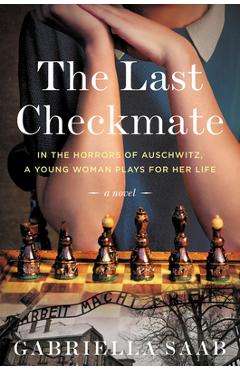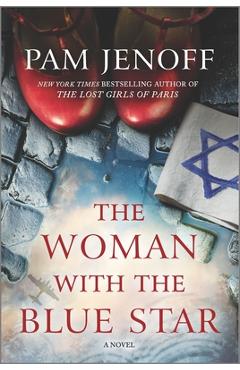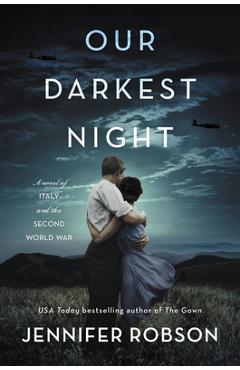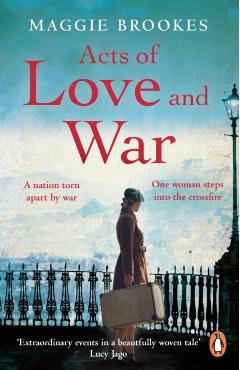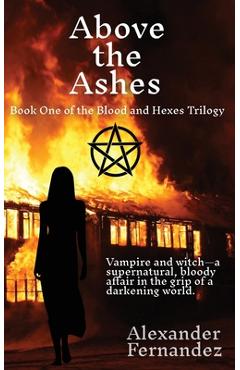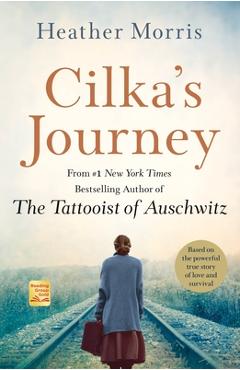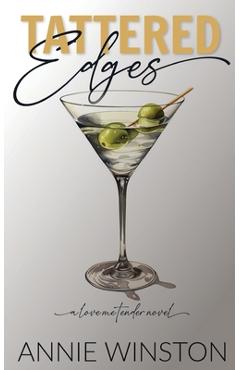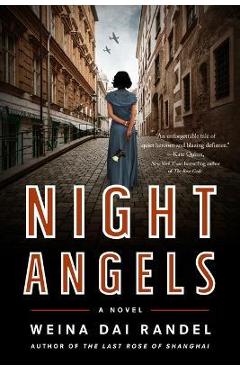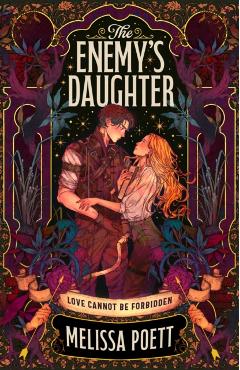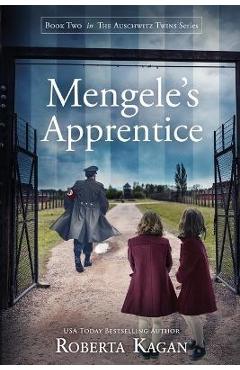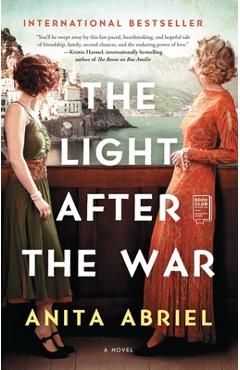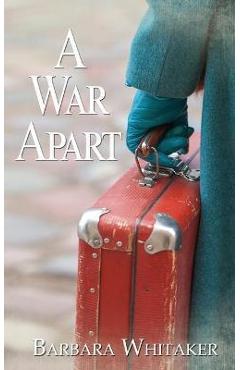Milk Without Honey
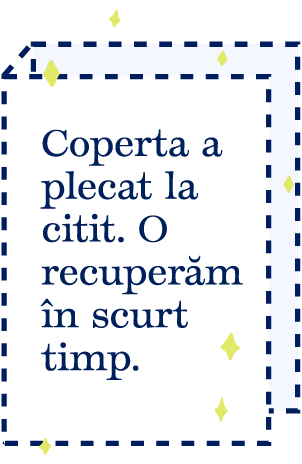
Milk Without Honey
NPR's 2024 Books We Love list Starred Review in Publishers Weekly: "Through elegant yellow and black illustrations, Harms's powerful English-language debut traces the ecosystems that pollinators inhabit--and exposes the dangers that threaten their existence. . . Readers will be convinced by this firm and vibrantly drawn warning call." What would the future of the world look like without bees? Bees are vital to securing our food supply. We could live in a paradise where insects, especially bees pollinate fragrant seas of flowers whose fruits we harvest. Instead, vast lawns are now replacing flower gardens, and agriculture is characterized by monocultures. Pesticides and climate change are also causing insect mortality, with dramatic consequences for the global ecosystem. As we destroy the insect populations, honey is just one of many foods that will no longer be available to us, unless we learn to honor our innate connection with nature before it's too late. In gorgeous, limited palette artwork, using contemplative images as well as informative charts, Hanna Harms brings us into the world of bees: their hives, their colonies, and their interactions with the global ecosystem. This is the perfect gift book for anyone concern
PRP: 136.34 Lei
Acesta este Pretul Recomandat de Producator. Pretul de vanzare al produsului este afisat mai jos.
122.71Lei
122.71Lei
136.34 LeiIndisponibil
Descrierea produsului
NPR's 2024 Books We Love list Starred Review in Publishers Weekly: "Through elegant yellow and black illustrations, Harms's powerful English-language debut traces the ecosystems that pollinators inhabit--and exposes the dangers that threaten their existence. . . Readers will be convinced by this firm and vibrantly drawn warning call." What would the future of the world look like without bees? Bees are vital to securing our food supply. We could live in a paradise where insects, especially bees pollinate fragrant seas of flowers whose fruits we harvest. Instead, vast lawns are now replacing flower gardens, and agriculture is characterized by monocultures. Pesticides and climate change are also causing insect mortality, with dramatic consequences for the global ecosystem. As we destroy the insect populations, honey is just one of many foods that will no longer be available to us, unless we learn to honor our innate connection with nature before it's too late. In gorgeous, limited palette artwork, using contemplative images as well as informative charts, Hanna Harms brings us into the world of bees: their hives, their colonies, and their interactions with the global ecosystem. This is the perfect gift book for anyone concern
Detaliile produsului









